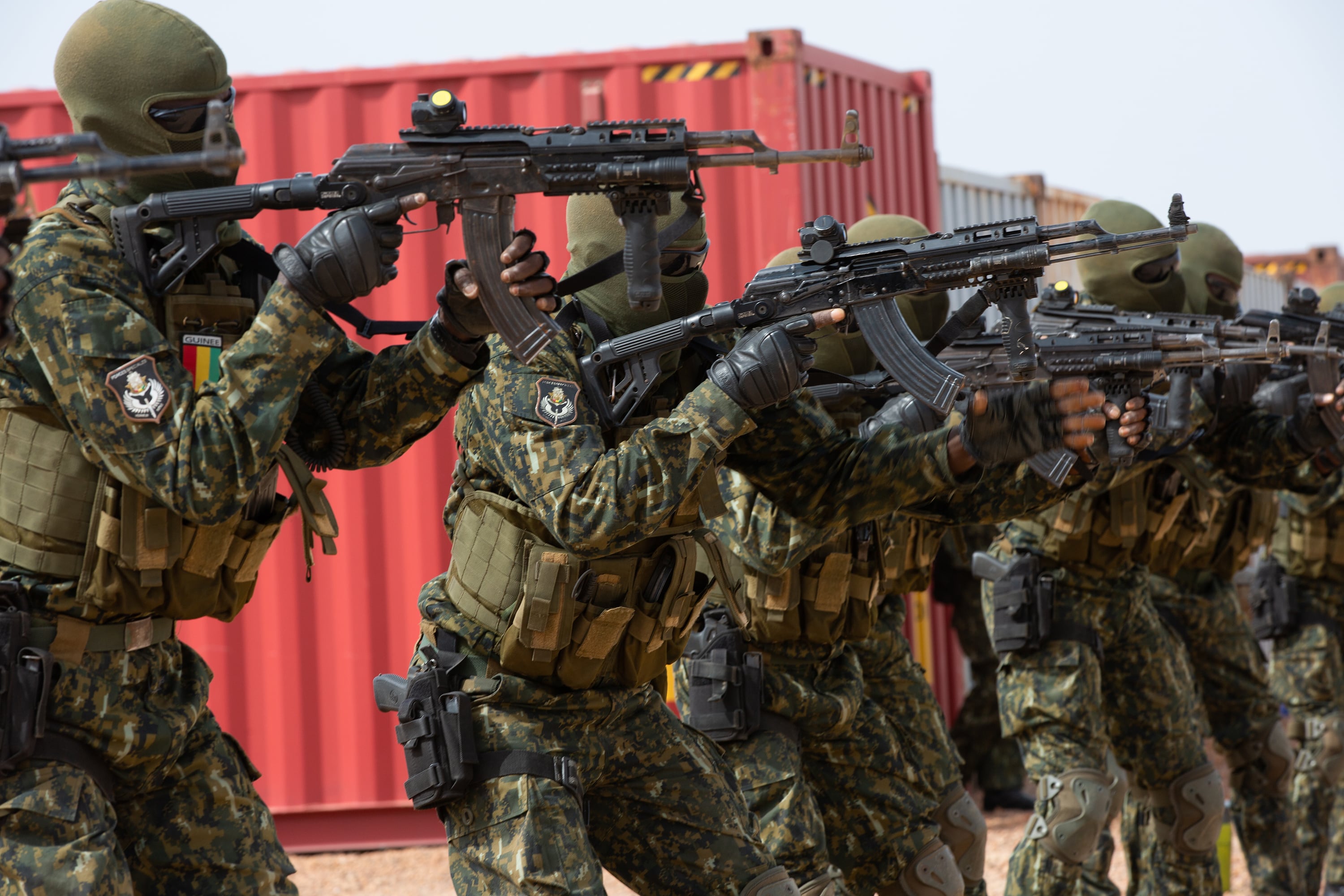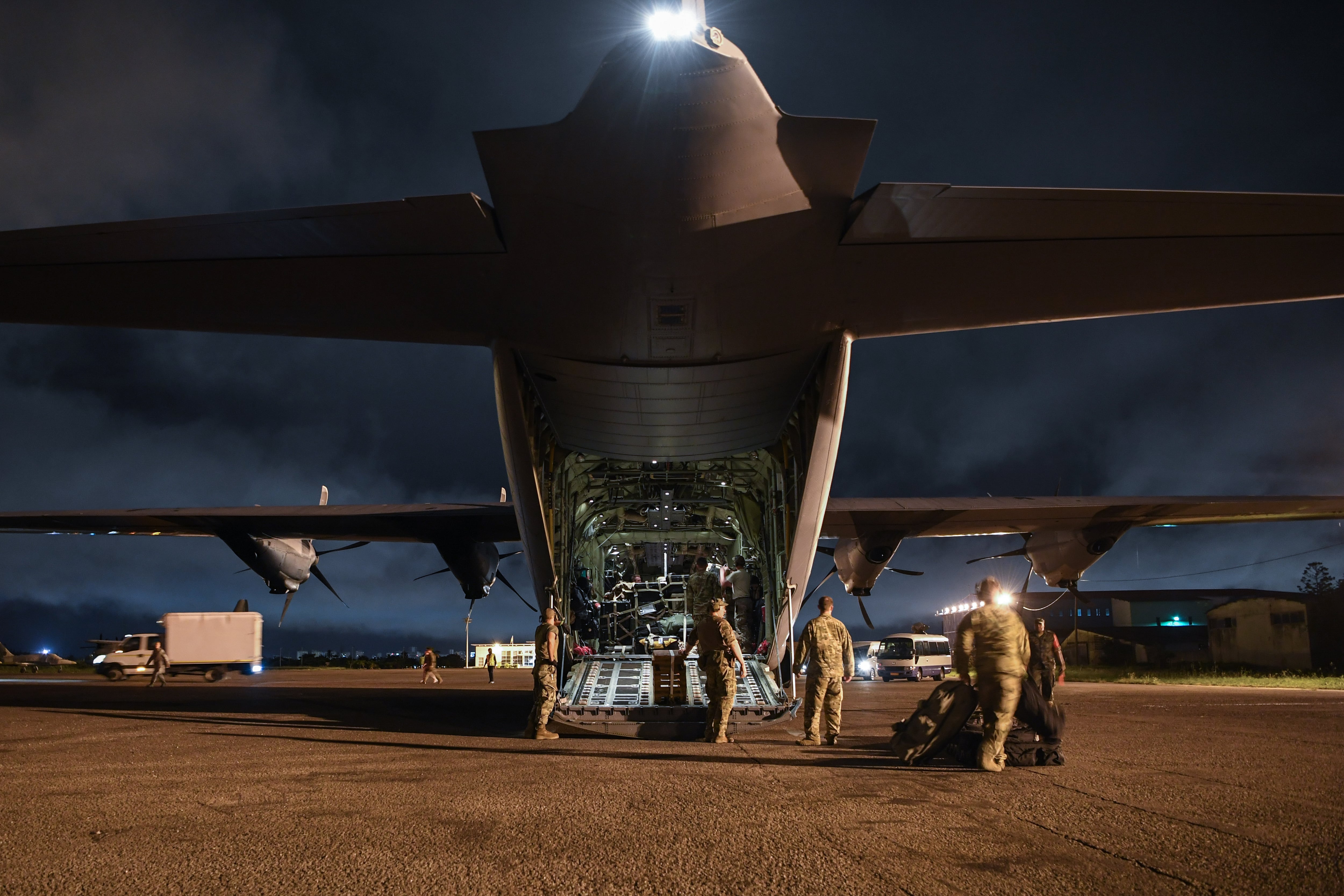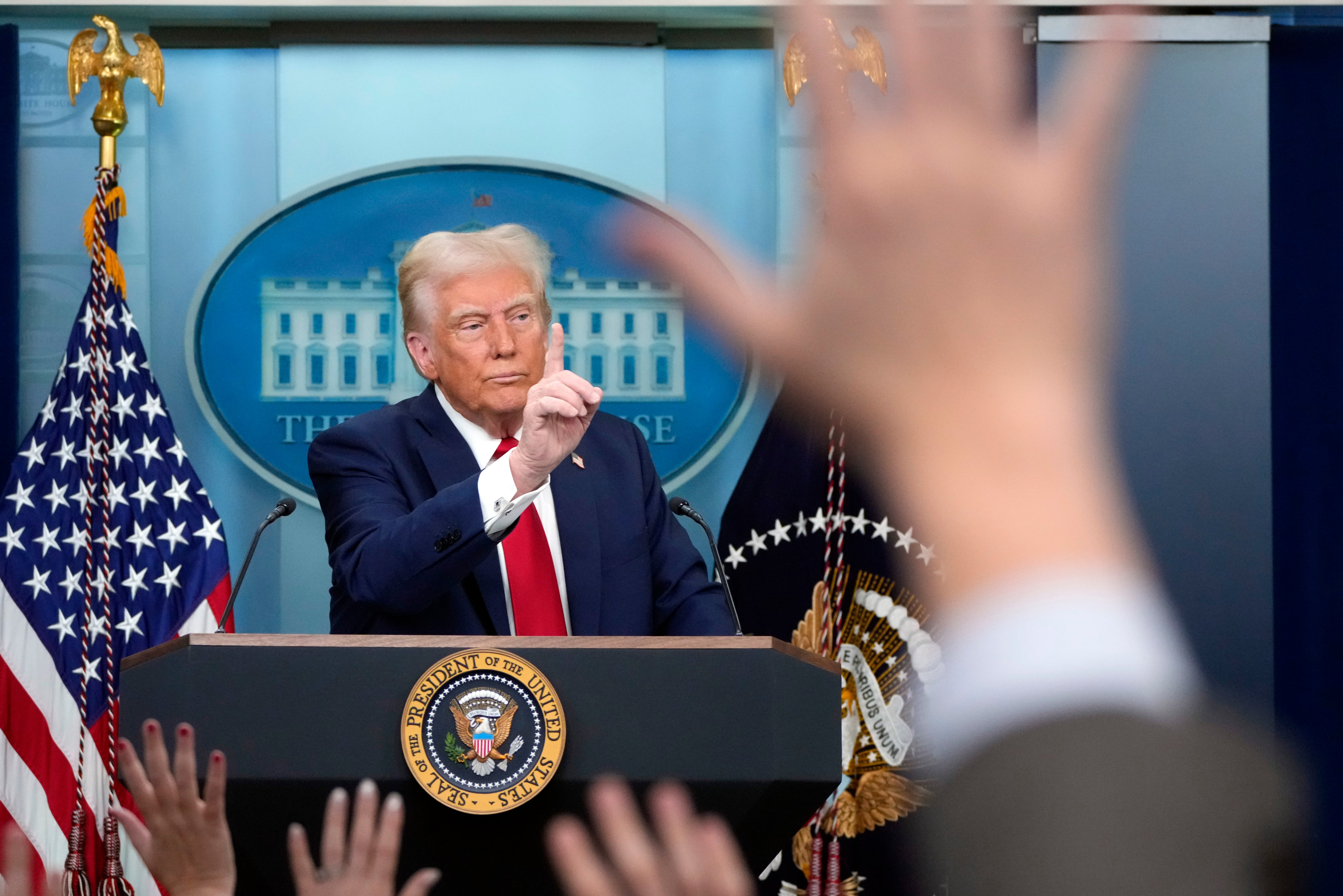U.S. Secretary of Defense Mark Esper has hinted at the possibility that the U.S. will reduce its military presence in Africa, suggesting recently that European partners could “offset” changes to the U.S. posture. Such a shift would be part of a rebalancing effort to compete globally with Russia and China while reducing U.S. resource commitments to the counterterrorism fight.
It is a mistake. In terms of bang for the buck, America’s small military footprint in Africa buys more than just security from terrorism threats, it buys American influence on the fastest-growing continent, and does so cheaply.
Tempting as it may be to pull resources from Africa to commit elsewhere — including Asia — such a move presents opportunities for U.S. antagonists to strengthen in a vacuum created by America’s absence. Russia and China are actively investing in the continent. So, too, are al-Qaida and the Islamic State, especially after defeats in Yemen and Iraq. Outside of Africa, America’s gains against great-power competitors will be marginal, while the loss of U.S. influence in the continent and impact on national security interests will be great.
The U.S. military spends close to $2 billion — only 0.3 percent — of its more than $700 billion budget to sustain its African operations: funding U.S. Africa Command (AFRICOM) headquarters in Germany, intelligence support, operations on the continent, and security assistance programs for U.S. partners. It supports about 6,000 personnel on the entire continent, including 3,000 based in Djibouti, 800-1,000 in West Africa, and 500 special operations forces in Somalia.
RELATED

West Africa is where the steepest drawdowns will probably occur. Already resource-constrained, AFRICOM reported it had downgraded its counterterrorism mission there. Despite the fact that regional security and stability have deteriorated rapidly over the past year, its new goal is only to contain the groups instead of degrading their ability to operate and stage terror attacks. West Africa is the only region where both al-Qaida and the Islamic State are expanding, coordinating, and getting deadlier. Allowing these groups to fester by further reducing resources could be costlier in the long run as they could begin to export their terror attacks — and thus require a more aggressive intervention.
Of the $2 billion, only $160 million is spent in West Africa. A quarter of it supports French counterterrorism operations, providing the French military with airlift, aerial refueling, and intelligence, surveillance and reconnaissance. In return, that small investment provides approximately $700 million per year in French military operations.
Deployed to Mali in January 2013, the French military conducts counterterrorism operations, supports UN peacekeeping forces there, and coordinates with the G5 Sahel Joint Force — a regional security initiative joining forces from Burkina Faso, Chad, Mali, Mauritania and Nigeria. Though up-to-now, French and partnered operations have checked but not prevented the spread of al-Qaida and the Islamic State, which have moved from Mali to Niger to Burkina Faso, and now possibly Benin (which shares its northern border with Burkina Faso and Niger).

The French military cannot sustain its current level of operations in West Africa without U.S. support — and al-Qaida and the Islamic State will certainly seize upon the opportunity to expand farther. France stepped up in West Africa as America’s ally in a prime example of burden sharing — an ask that the Obama administration and now the Trump administration have made of U.S. allies and partners. If the U.S. undercuts its own ally, what message does that send to other counterterrorism partners?
What the French will be able to do without U.S. support is unclear. How will France balance what is required in West Africa with military deployments elsewhere, such as Iraq? French defense spending is increasing and on track now to meet NATO treaty requirements by 2024. The French military has been buying American to acquire some of the logistical capabilities the U.S. currently provides. European partners have also helped fill capability gaps, but are simply not able to replace what the U.S. military brings, especially strategic airlift from Europe to Africa and intelligence support.
Reduced U.S. support for French operations in West Africa also costs the French immeasurable capabilities that America brings with its support — leadership, trust from partners, and coalition-building power. European partners have begun pledging support to Task Force Takuba, a new 500-man French-led special operations force in West Africa expected to be operational by fall 2020. Any announcement of a U.S. drawdown may make gaining political support for this military initiative infeasible.
For the U.S., the immediate cost will be to the State Department and USAID, both of which have said they would be able to do more in Africa with a larger military — security — platform. Increased instability driven by al-Qaida and the Islamic State will affect their non-military engagements, undermining ongoing stabilization efforts. Already, U.S. foreign assistance programs have been limited — and some are now suspended in Mali. Recent State Department investments in the region, including a new special counterterrorism envoy, will yield few returns. Without a security backbone, U.S. and European assistance programs will grind to a halt, creating the very conditions for al-Qaida and the Islamic State to thrive.
RELATED

A U.S. military drawdown in West Africa also opens space for global competitors. Russia has been opportunistic in expanding its influence wherever America has drawn down. It has crept in with military cooperation agreements and training in northern and central Africa, also eying natural resources there. China has become the biggest investor in African infrastructure and a growing security player in the continent.
Rather than stripping resources from AFRICOM and risk expanding the influence of U.S. enemies, Secretary Esper should ensure that American dollars spent in Africa are not wasted. The current counterterrorism approach — “find-fix-finish” with, by, or through partners — has not prevented threats from returning. It guarantees future spending requirements. The U.S. military should reframe its approach to deliver lasting results by changing the local ground conditions such as the inter-community conflict and anti-government grievances in West Africa that have enabled al-Qaida and the Islamic State to regenerate and expand. AFRICOM is already well-postured to support such an approach, the State Department has invested resources in the region, and Congress has appropriated funds to implement this effort through the Global Fragility Act.
Where dollars and cents prevail, so, too, must common sense. A small U.S. military investment in Africa provides the support of allies and partners, counterterrorism cooperation, and enough security to use American soft power. All of that adds up to the U.S. being able to compete with Russia, China, and even al-Qaida and the Islamic State, on the African continent.
Katherine Zimmerman is a resident fellow at the American Enterprise Institute and advises the Critical Threats Project. She is the author of “Beyond Counterterrorism: Defeating the Salafi-Jihadi Movement.”
Editor’s note: This is an Op-Ed and as such, the opinions expressed are those of the author. If you would like to respond, or have an editorial of your own you would like to submit, please contact Military Times managing editor Howard Altman, haltman@militarytimes.com.





